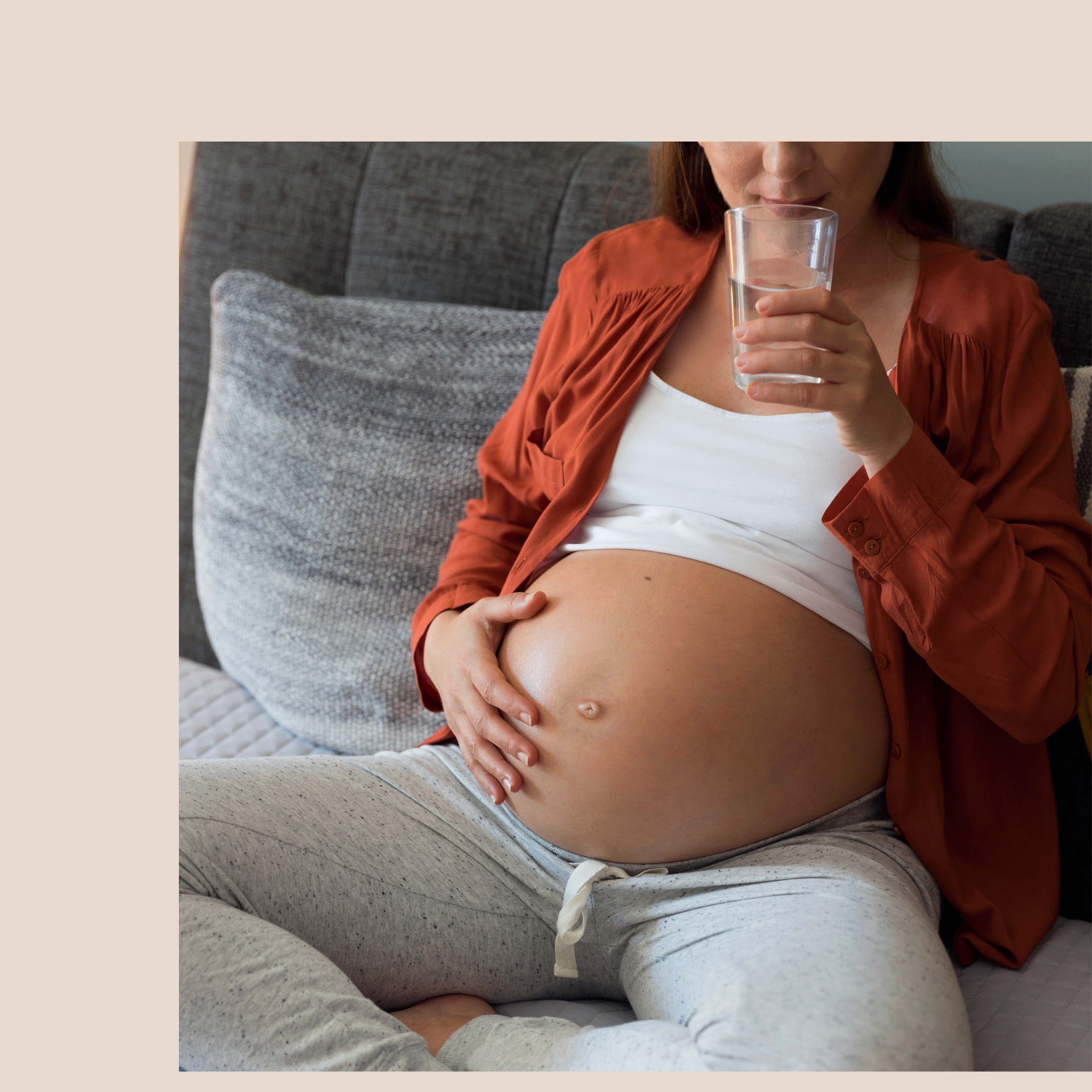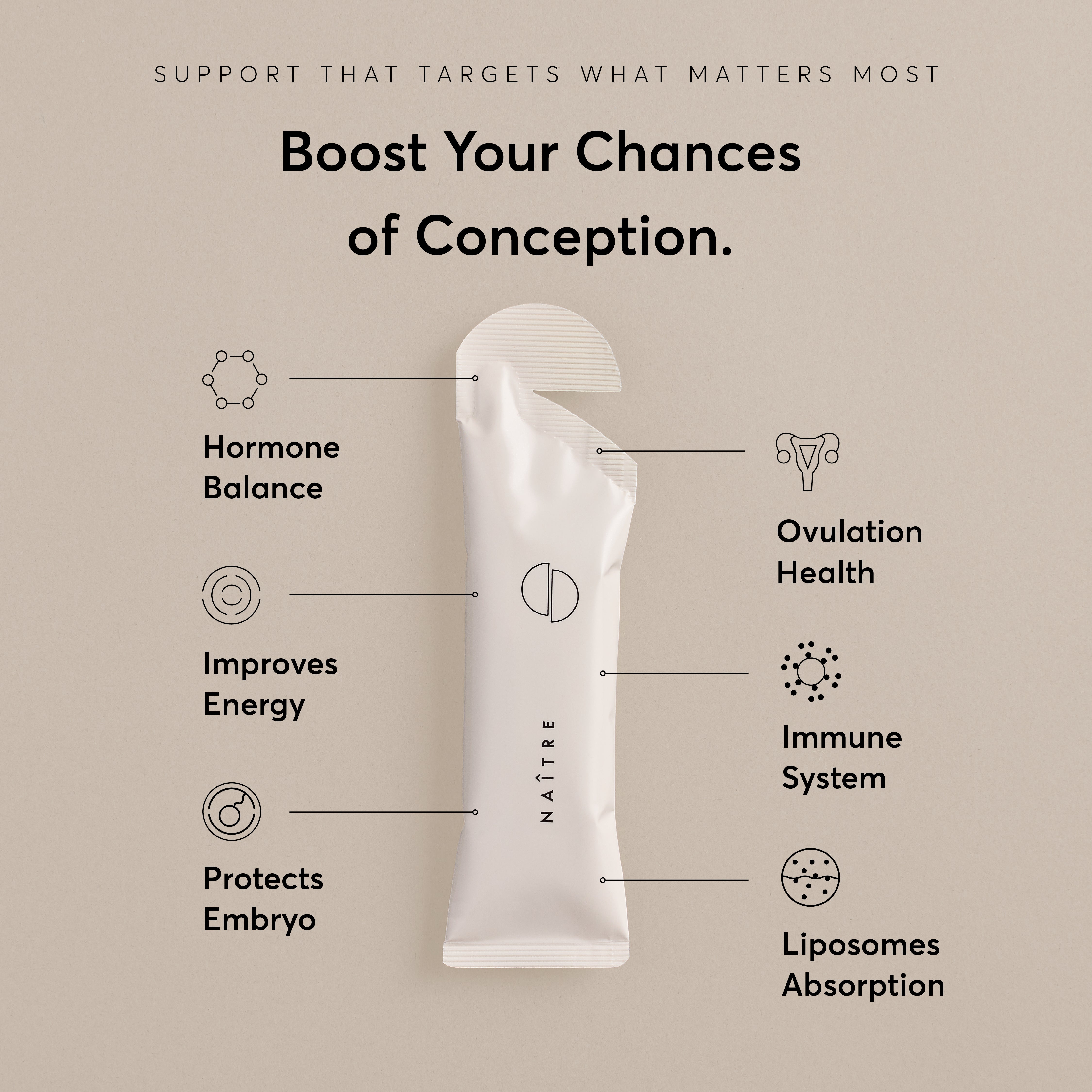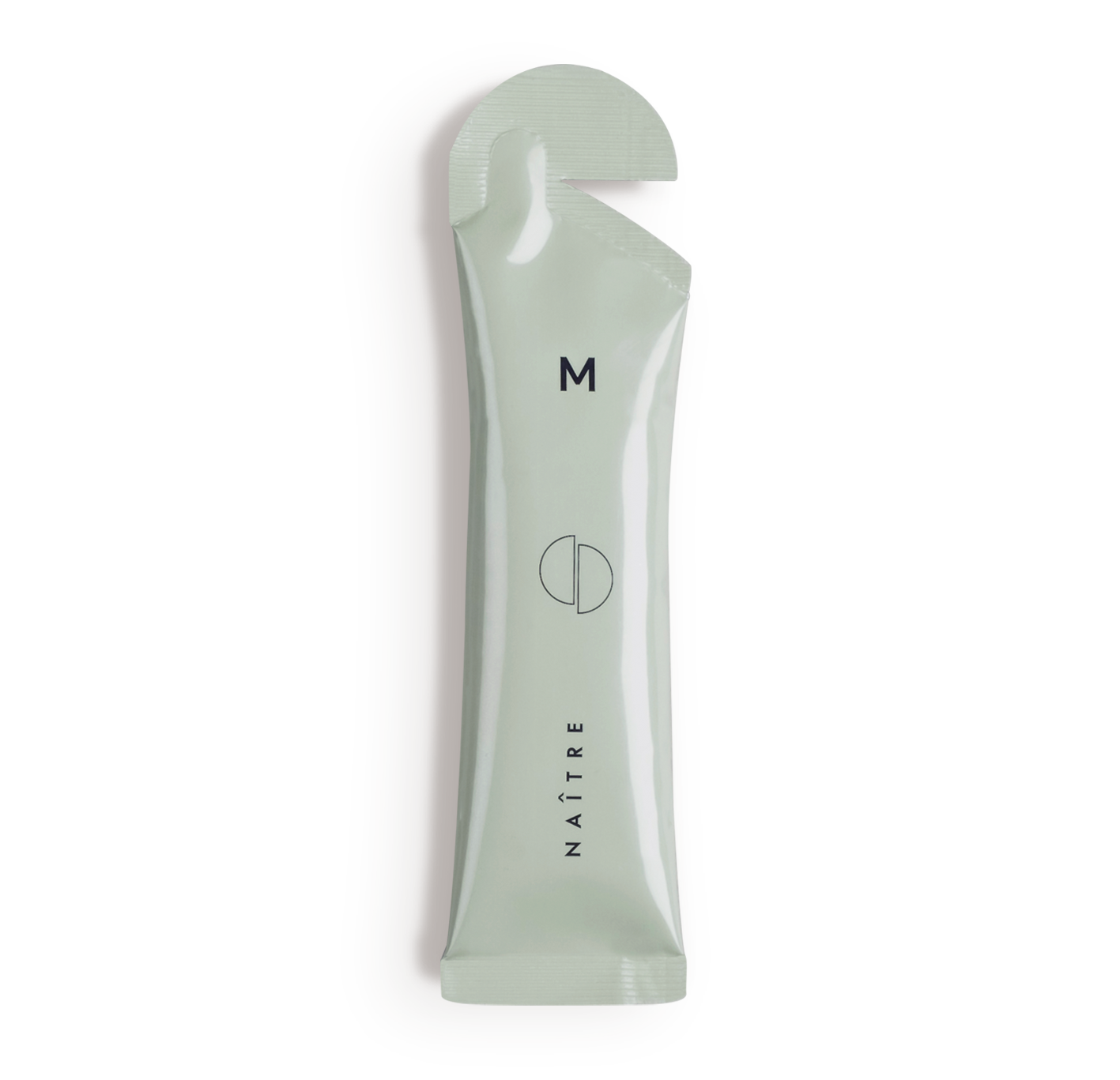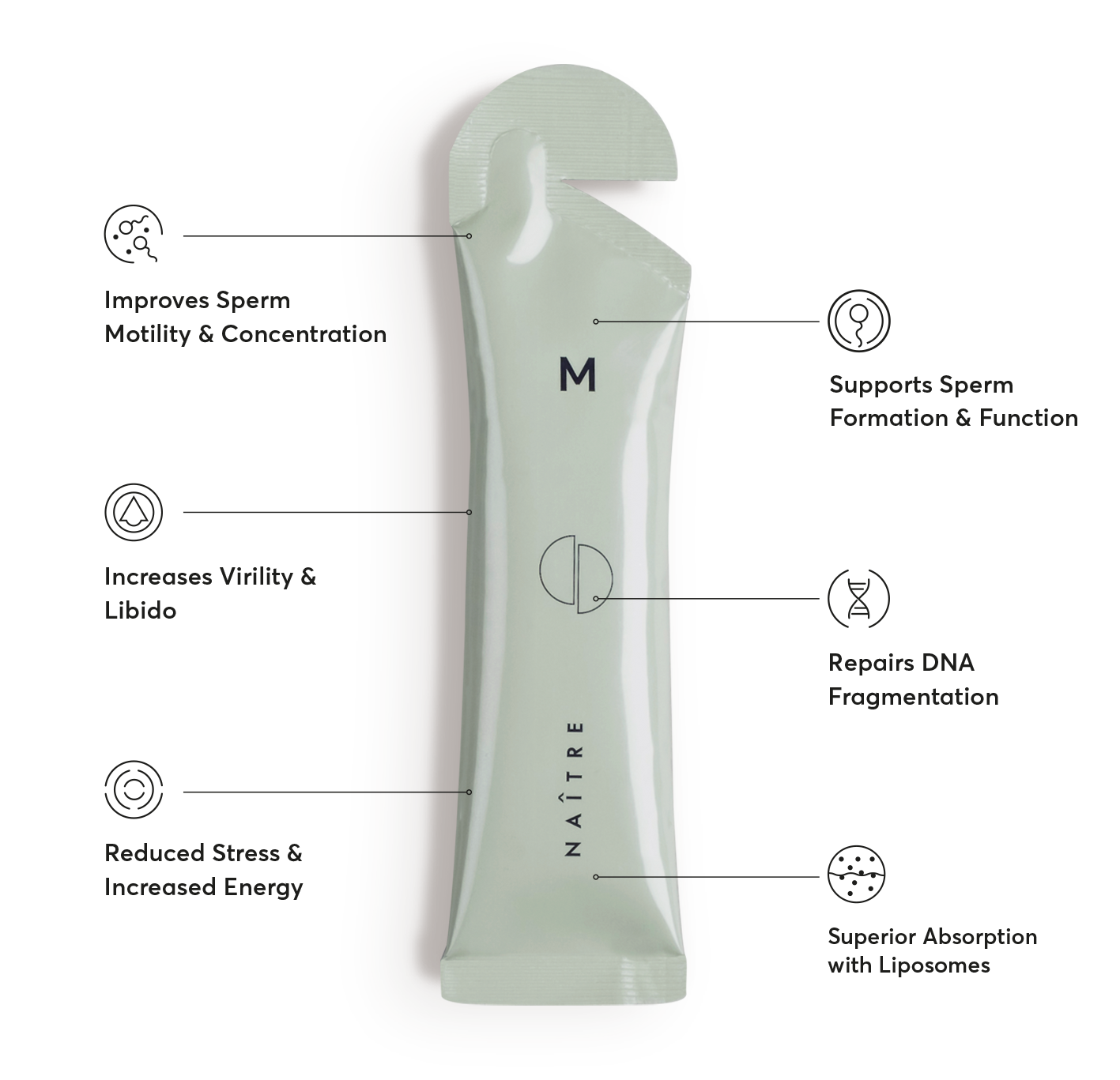
Pregnancy is a transformative time in a woman's life, and taking care of your body during this time is paramount. One of the most important things you can do for yourself, and your growing baby is to stay hydrated.
It is vital for the growth and development of your baby, and it can also help you feel more energised and healthier throughout your pregnancy. In this article, we'll explore the importance of staying hydrated during pregnancy and the many benefits it can bring.
What Does It Mean to Be Well Hydrated?
Staying hydrated means having enough water and fluids in your body to keep you healthy and functioning at your best. This is especially important during pregnancy because your body needs more fluids to support the growth and development of your baby. When you're well hydrated, you'll feel more energised, your skin will be clearer, and your body will be better able to regulate its temperature.
What Factors Influence Hydration?
Several factors can affect how hydrated you are during pregnancy. These include:
- Your body weight: The more you weigh, the more fluids you need to consume to stay hydrated.
- The climate you live in: If you live in a hot or humid climate, you may need to drink more fluids to stay hydrated.
- Your level of activity: If you're exercising regularly, you'll need more fluids to replace what you're losing through sweat.
- The foods you eat: Some foods, like fruits and vegetables, contain more water than others, so eating a balanced diet can help keep you hydrated.
Why Electrolytes Are Important During Pregnancy
Electrolytes are minerals that help regulate the fluid balance in your body. They play a crucial role in ensuring that your cells and organs function properly by conducting electrical impulses in the body and maintain proper fluid balance. During pregnancy, your body may need more electrolytes to support your growing baby's development. Calcium, Magnesium, Manganese, Copper, Selenium, and Iodine are key electrolytes that are particularly important during pregnancy.
Check out Naitre’s Liquid Pregnancy Prenatal that includes all of these electrolyte minerals.
Improving Foetal Outcomes
Controlling Swelling and Constipation
Staying hydrated can help control swelling and constipation during pregnancy. Dehydration can lead to swelling in your hands and feet, and it can also make constipation worse. Drinking enough fluids and maintaining enough electrolytes can help keep your body functioning properly and reduce these uncomfortable symptoms.
Decreasing Risk of Complications
Improving Mood and Energy
Staying hydrated can also improve your mood and energy levels during pregnancy. Dehydration can lead to fatigue, headaches, and irritability. Drinking enough fluids can help you feel more alert and focused, and it can also improve your mood and overall sense of well-being.
Signs of Dehydration
- Dark yellow urine
- Dry mouth and throat
- Fatigue
- Dizziness or light-headedness
- Headache
- Rapid heartbeat
- Muscle cramps
- Treating and Preventing Dehydration
Key Takeaways:






